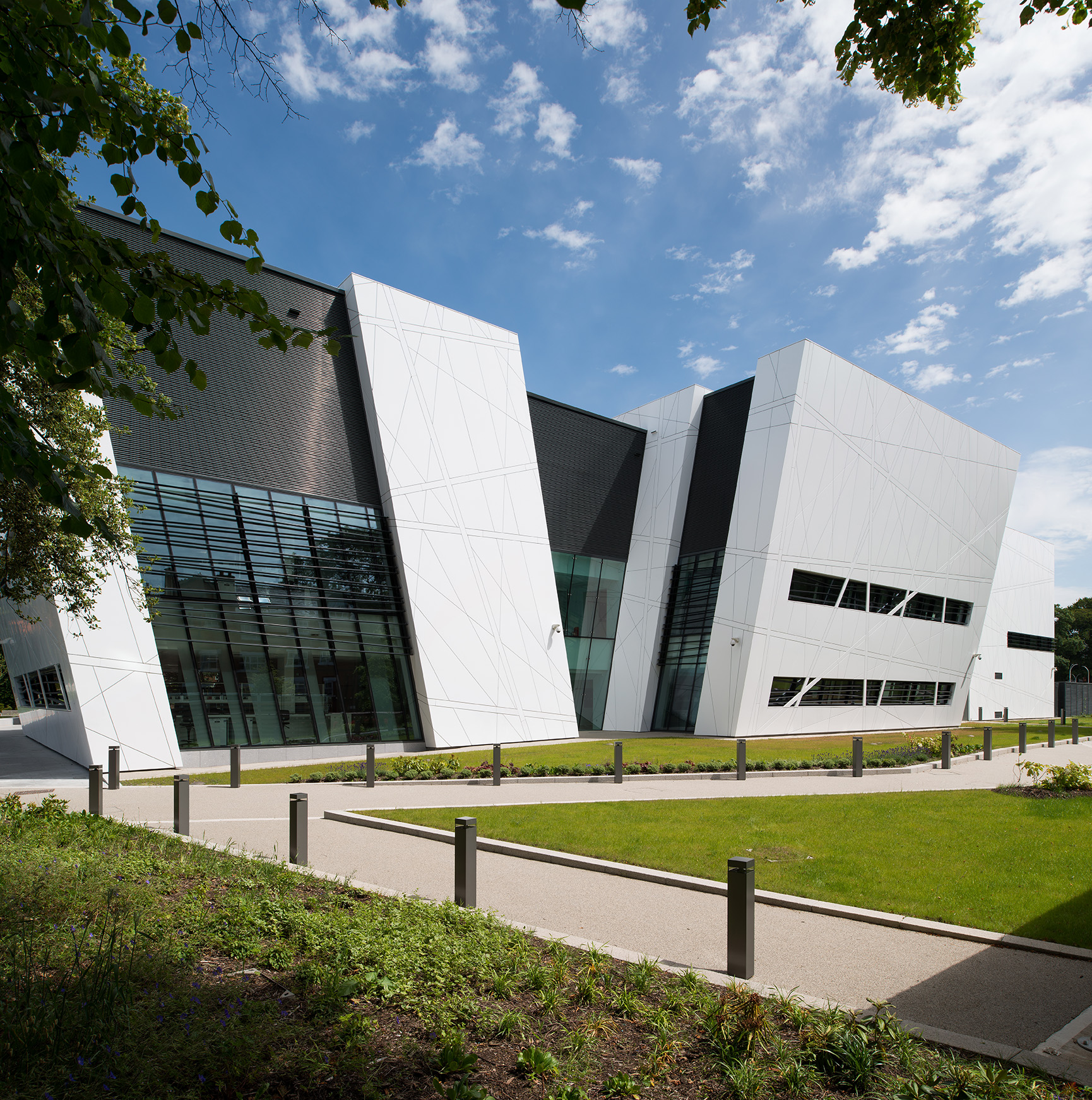Closing date: 15/11/2024
Leeds-Manchester Clinical Research Training Fellowship Project: Is the cancer-associated microbiome a key determinant of the immune response to bowel cancer or are immunogenetic lesions more important?
Lead Supervisors: Prof. Phil Quirke
Co-Supervisors: Dr Henry Wood, Dr Anshuman Chaturvedi, Dr Caroline Young
Applications Deadline: Friday 15th November 2024
Interviews: Friday 17th January 2025
Clinical Research Training Fellowship start date: September 2025
Project Keywords: Microbiome, Immune response, Artificial intelligence
Research Opportunity: Clinical Research Training Fellowship leading to the award of PhD
Project Outline
This studentship is based in Pathology and Data Analytics at St James’s University Hospital, University of Leeds, with 6 months in Pathology in the Christie, Manchester laboratories. Supervised by Professor Quirke FMedSci and colleagues in Leeds and Dr Chaturvedi FRCPath in Manchester. It will investigate the importance of the bowel cancer-associated microbiome in generating the presence and level of the host immune response and the bacteria, toxins and genetic lesions that may be involved. This may lead to new methods of immune intervention in bowel cancer. Significant whole genome sequencing (2,023 cancers) and digital pathology data is already available to us from Genome England.
Digital pathology algorithms have been developed and a series of digital bowel cancer cases (500) and Yorkshire digital slides and archival blocks with characterised microbiomes cases (500) created to validate findings. Clinical Histopathology experience is required by the candidate.
Objectives:
1) To determine whether the microbiome within human bowel cancers alters the host immune reaction to the cancer? Is there an immunosuppressant population that would benefit patients by microbiome removal or an immunostimulatory one that might be therapeutically enhanced or are both mechanisms at play?
2) Is the pks toxin involved in the immune response? 3) Does the immunogenetics of the cancer play a role?
Impact: Potential novel simple therapeutic approach in bowel cancer to enhance the immune response to improve patient outcomes through modulation of the cancer microbiome.Both laboratories have excellent facilities and are well equipped. You would join a successful clinical PhD programme within Leeds, the largest academic Pathology training programme in the UK and benefit from the major Manchester Cancer Centre Research expertise.
Applications for this project are now open. Please complete your application on The University of Leeds website.
About Professor Phil Quirke (project Lead Supervisor)
Professor Phil Quirke FMedSci is a gastrointestinal pathologist and head of Pathology and Data Analytics at Leeds University. Phil has a long-standing interest in Bowel cancer and made significant contributions to understanding its pathology and treatment. He is a Co-I on the OPTIMISTICC CRUK Grand Challenge on the microbiome and bowel cancer which is a major area of current research interest. He has supervised over 30 PhD’s. He is an NIHR Senior investigator emeritus. Phil leads a team of academic pathologists, scientists and technical staff with a major focus on academic training and creating the next generation of academic pathologists.

Key information
Before submitting an application, please ensure you have read the information below about the funding arrangements and eligibility for the Leeds-Manchester Clinical Research Training Fellowships.
We also encourage you to get in contact with the lead supervisor to discuss the project and any particulars.
Further information is available on the Clinical Research Training Fellowships webpage.
The clinical fellowships are usually tenable for three years, although in certain circumstances they may be four years duration.
The Fellowship covers:
- running expenses,
- an appropriate salary in line with the applicant’s current salary and grade
- full coverage of University PhD fees at the UK/home fee rate.
International Candidates
The University of Manchester aims to support the most outstanding applicants from outside the UK.
We are able to offer a limited number of bursaries to high-performing EU and international candidates, covering PhD fees only. Bursaries do not include financial support for visa/health surcharges.
We assess each EU and international candidate’s suitability for a bursary at the application and interview stages.
You must be a post-registration clinician, and ideally have a specialist post in a related subject, to apply for our Clinical Research Training Fellowships.
You should also hold, or be about to obtain, a minimum upper second class (or equivalent) undergraduate degree in a relevant subject. A related master’s degree would be an advantage.
It is generally expected that CRTFs will return to a training programme in the UK upon completion of their research degree.
International applicants (including EU nationals) must ensure they meet the academic eligibility criteria (including English Language) before contacting potential supervisors to express an interest in their project. Eligibility information can be found on the University’s Country Specific information page.
Key dates
- Applications open: 11th October 2024
- Application deadline: 15th November 2024
- Interviews: 17th January 2025
- Start date: September 2025
Useful Links
Submit your application
Interested in applying for this opportunity? Go to The University of Manchester website to submit your application.
Clinical Research Training Fellowships
Discover our various opportunities for clinicians looking to undertake a period of PhD training in a cancer-relevant field.
Get in Touch
Contact Dr Georgina Binnie-Wright, Postgraduate Programme Manager.
Researcher Stories
Read first-hand experiences of from cancer scientists from across Manchester.
Why Manchester?
Find out why postgraduate students choose to study in Manchester.
A Day in the Life of a Clinical PhD Student
Watch our short video to see what it's like to be a Clinical Research Training Fellow in Manchester.





